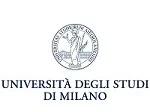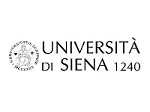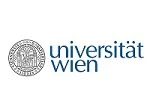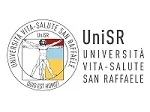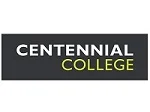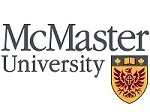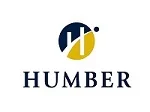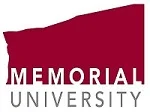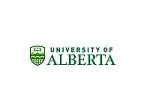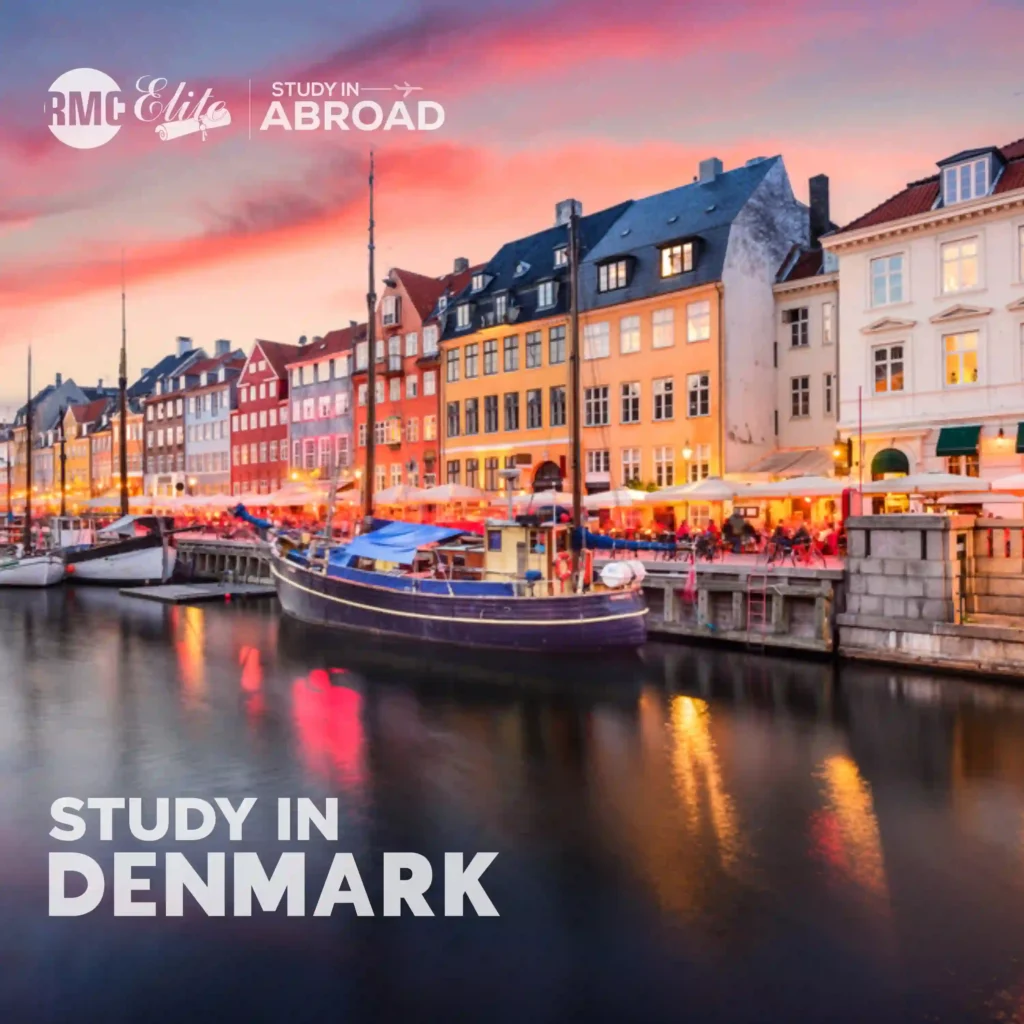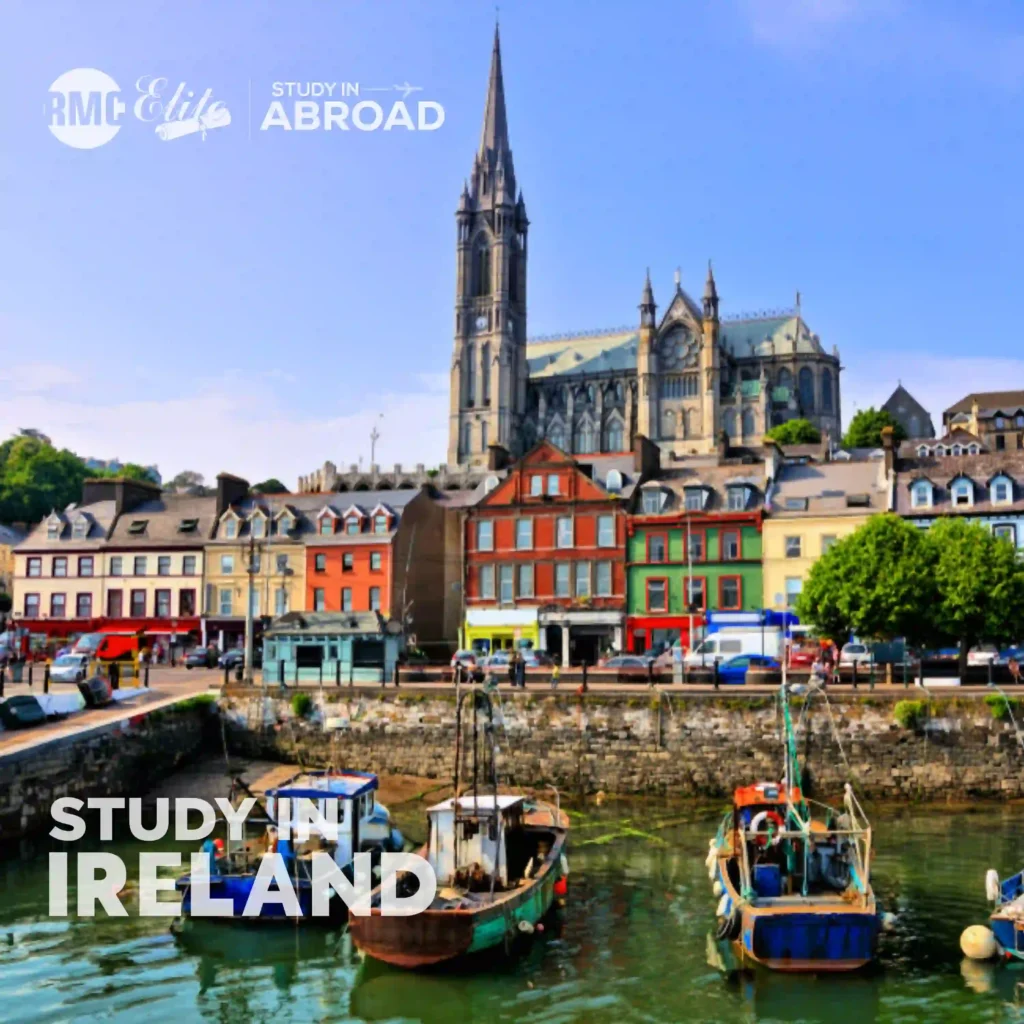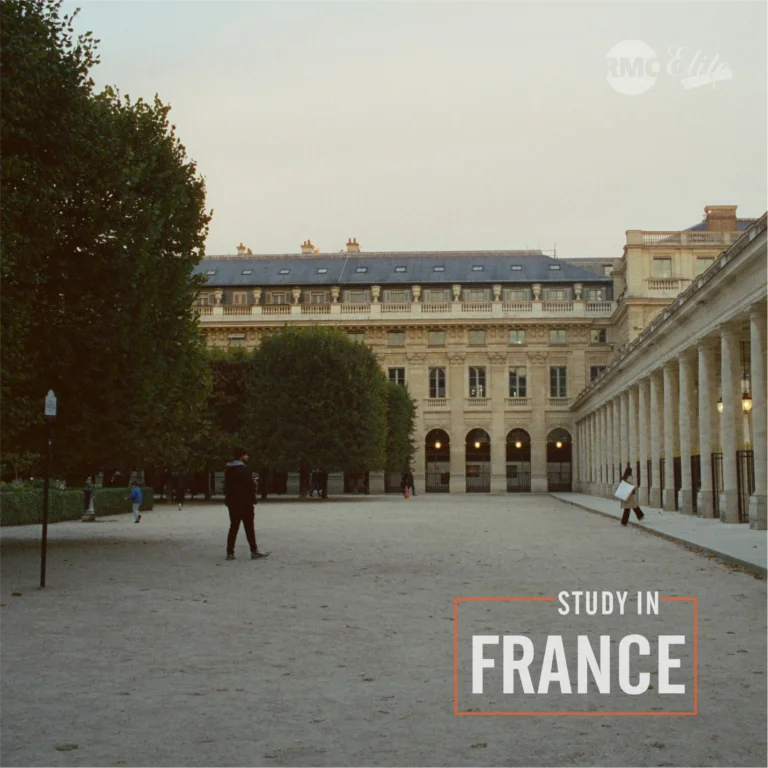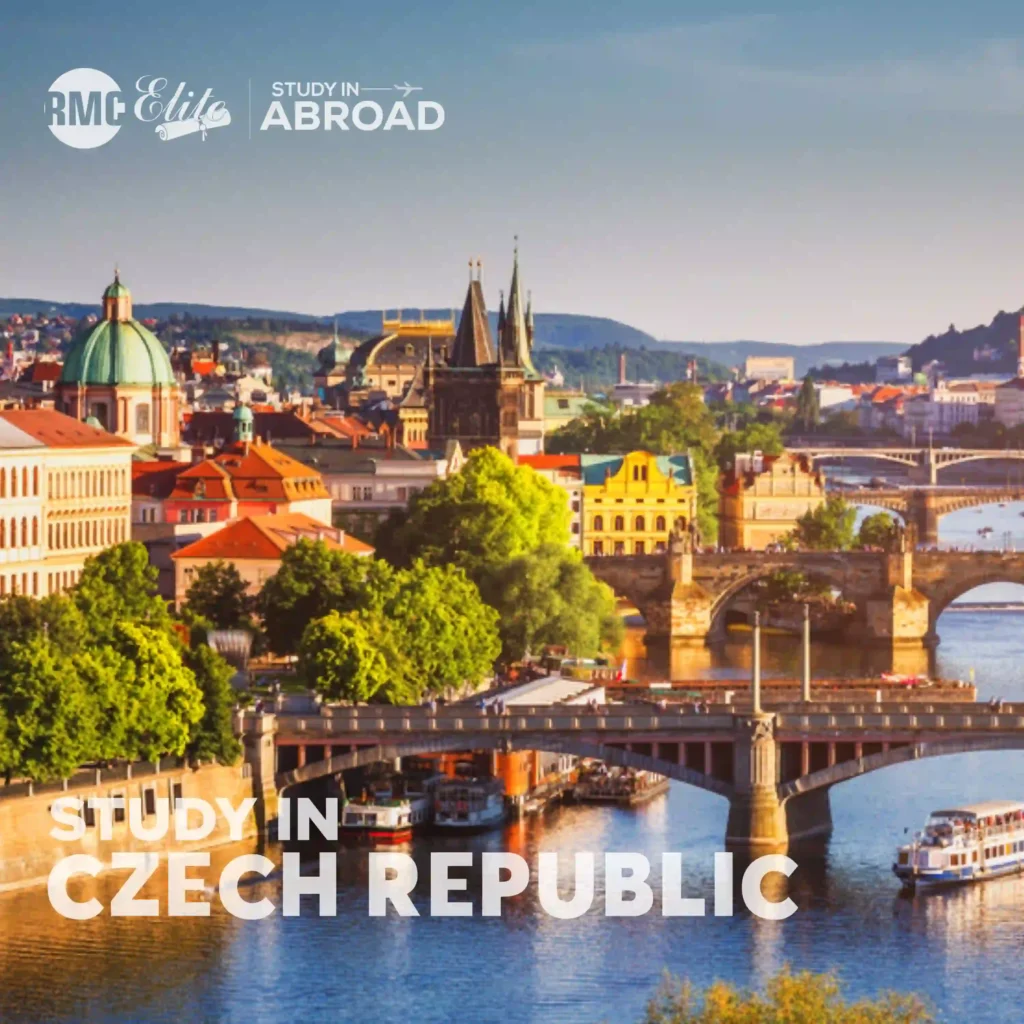
About Czech Republic
Study In Czech Republic: If you’re looking for a unique European study abroad experience, look no further than to study in Czech Republic. Known for its impressive castles, vast selection of native beers, medieval old towns, and beautiful landscapes, the Czech Republic combines the best of East and West Europe to create its own hybrid flair. Czech Republic, also known as Czechia, a landlocked country in Central Europe, it is bordered by Austria, Germany, Poland, and Slovakia. The Czech Republic covers an area of 78,867 km², making it somewhat smaller than neighboring Austria, and also slightly smaller than the US state of South Carolina. The country has a population of 10.56 million people (in 2016), capital and largest city is Prague, spoken language is Czech, a West Slavic language.
The Czech Republic is famous for Prague, the historic center of Prague is a UNESCO World Heritage Site. Castles, there are several hundreds of castles, chateaus, and mansions in Czechia. Popular study abroad cities in the Czech Republic include the capital Prague, Liberec, Brno, and Olomouc. However, with 61 higher education institutions located in more than 20 towns across the country, there are many other fascinating locations to choose from.
Although many programs are offered in the Czech language, there are over 1,000 programs offered in English, as well as in other languages including French and German. Compared to many other European countries, the Czech Republic is also one of the most affordable – it is ranked as the 5th most affordable place to live in Europe. Higher education at public institutions remains free for all nationalities, although there may be certain fees incurred for administration and studying in a language other than Czech.
If you’re looking for a truly unique experience as an international student, here are seven smart reasons why the Czech Republic should be at the top of your study abroad list.
-
Quality of higher education and research
Czech universities rank among the best in Central Europe and offer a wide range of options, whatever you want to study. Whether you choose to come for a summer school, an exchange program or to pursue a full degree program, you will always find something that suits your study needs best. International student Ahmed Salem from Yemen, who is studying at the Faculty of Chemical Technology at the University of Pardubice, shares his experience: “Education always plays a big role in every student’s life, vision, ambitions and long-term goals. One of the main reasons why I’m here almost graduating with a degree in medical laboratory is the quality of education. Universities provide a great methodology of teaching and involve technology to a greater level of understanding.”
-
Value for money
For courses taught in the Czech language at public universities, you don’t pay tuition fees. But you don’t have to be fluent in Czech to study in the Czech Republic. There are over 1000 degree programs available in English, and the fees are very reasonable.
-
Affordable living costs
The Czech Republic is a budget friendly place for international students. Depending on your location, lifestyle and spending habits, your monthly living expenses will range from €300 to €600 per month, including meals, accommodation, public transport and some leisure activities. “All universities are directly accessible by the most reliable transportation system in the world. It seems unbelievable that students get such a big discount (under 5 euros a month) for their transportation pass.
-
Top student cities in the world
In 2019, Prague and Brno repeatedly made it into the ranks of the Top 10 Best Student Cities. The capital of the Czech Republic was praised for the “affordability of everything and the fantastic sights”, meaning that international students can enjoy this incredible city without breaking the bank. Brno, the second-largest city, had the highest student population, indicating that it is a city with a large student community, which is great for meeting new people!
-
One of the safest countries
Besides the affordability of Czech higher education, there is one more thing that you might want to share with your parents: the Czech Republic ranks as one of the top 10 safest countries in the world
-
Great location
Student life should include lots of adventures and joyful moments. Studying in the Czech Republic will allow you to live your life to the fullest! There’s always so much to do in the historic but lively cities or in the amazing countryside. Additionally, studying in the Czech Republic places you in the middle of Europe and gives you a great chance to travel around. It only takes about 2.5 hours to go to Munich, Krakow or Vienna.
-
Student jobs and career opportunities
International students can work while studying, and having a part-time or summer job is quite common
There are many courses to study in Czech Republic but the best one are listed below:-
- Agriculture & Forestry
- Applied Sciences & Professions
- Arts, Design & Architecture
- Business & Management
- Computer Science & IT
- Education & Training
- Engineering & Technology
- Environmental Studies & Earth Sciences
- Hospitality, Leisure & Sports
- Humanities
- Journalism & Media
- Law
- Medicine & Health
- Natural Sciences & Mathematics
- Social Sciences
Top universities in Czech Republic
With an academic and university tradition dating back to the 14th Century, Czech Republic has had a lot of time to perfect their education system. So, after all of that time, it’s no wonder that the Czech Republic has several top-ranked universities – universities that have received high rankings and a global reputation for education and academic excellence. Places like Charles University, Masaryk University, and the Technical University of Ostrava are each among the best schools and institutions in the world.
List of top universities in Czech Republic are as follows:-
| Sl No. | University Name |
| 1. | Charles University |
| 2. | Masaryk University |
| 3. | Palacký University Olomouc |
| 4. | University of South Bohemia in Ceské Budejovice (USB) |
| 5. | Czech Technical University (CTU) |
| 6. | Czech University of Life Sciences Prague |
| 7. | Brno University of Technology |
| 8. | Technical University of Ostrava |
| 9. | University of Chemistry and Technology Prague |
| 10. | Mendel University in Brno |
| 11. | Technical University of Liberec |
| 12. | University of Hradec Králové |
| 13. | Tomas Bata University in Zlín |
| 14. | University of Ostrava |
| 15. | University of Pardubice |
Study in Czech Republic cost
The Czech Republic is a member of the European Union (EU), but it does not use the EU euro as its currency. The Czech currency is the Czech crown (CZK), known as Koruna. Living costs in the Czech Republic are considered to be affordable – especially for a EU country with high standards of living. Thanks to cheap public transportation, healthcare, and entertainment, the Czech Republic is among the most affordable European Union countries.
For students, the average cost of living in the Czech Republic ranges from 350 to 750 USD per month. This includes accommodation, public transport, meals, and culture. However, the average expenses may differ accordingly to each city and everyone’s lifestyle.
Additionally, students enjoy a great amount of discounts and benefits across the whole country if they hold a student card. One of the options for students coming to study in the Czech Republic is obtaining the International Student Identity Card (ISIC) which applies in and out of the country and gives its cardholders student discounts for restaurants, transportation, cinemas, exhibitions and galleries.
How to study in Czech Republic with scholarships
Interested in studying in the Czech Republic but worried about the costs? Here are the most important scholarship opportunities for international students in the Czech Republic that you should check out.
- Scholarships For Degree Studies
GOVERNMENT SCHOLARSHIPS
DURATION: standard length of study
ELIGIBLE COUNTRIES: Bosnia and Herzegovina, Ethiopia, Georgia, Cambodia, Moldova, Ukraine, Zambia
LEVEL: Programs in the Czech language – follow-up Master degree plus a one-year preparatory course of the Czech language
Programmes in the English language – follow-up Master and Doctoral degree
The Government of the Czech Republic annually offers scholarships within its Foreign Development Cooperation. These so-called government scholarships support students from developing countries who would like to study at public universities in the Czech Republic.
The Czech Republic provides scholarships for studies pursued both in the Czech language (in follow-up Master’s and Doctoral study programs) and in the English language (in follow-up Master’s and Doctoral study programs). Scholarships for studies in the Czech language are granted taking into account the list of recommended fields of study, updated according to the needs of specific countries, and also with regard to ongoing development cooperation projects. Applicants can also receive funding for a one-year-long language and preparatory course. Scholarships for study programs in the English language are granted only in the selected study programs.
-
Scholarships Of The South Moravian Center For International Mobility
DURATION: For the first study year
ELIGIBLE COUNTRIES: Non-EU countries
LEVEL: Follow-up Master or Doctoral degree in the Czech language
South Moravian Centre for International Mobility is a specialized nonprofit organization that provides support to talented students and researchers based in the South Moravian Region of the Czech Republic. This scholarship scheme supports foreign students from countries out of the EU who are interested in Master’s or Doctoral studies at universities in Brno. Study programs in technical and natural science are preferred. It is expected that applicants will have a good knowledge of the Czech language as they must be able to pass entrance exams at the chosen university and start studying in Czech. Scholarship applications are accepted until the end of January.
-
Visegrad Fund Scholarships
DURATION: Up to 4 semesters
ELIGIBLE COUNTRIES: Albania, Armenia, Azerbaijan, Belarus, Bosnia, Herzegovina, Georgia, Kosovo, North Macedonia, Moldova, Montenegro, Serbia, or Ukraine
LEVEL: Master, Doctoral
The International Visegrad Fund is an international organization founded by the governments of the Visegrad Group countries (the Czech Republic, Hungary, Poland, and Slovakia). The fund operates several grant programmes and also awards individual scholarships, fellowships, and artist residencies.
Visegrad scholarships support Master’s and Ph.D. studies or research stays at universities in the Visegrad Group countries, including the Czech Republic. Applicants must come from the eligible countries listed above and they can apply for study periods up to 4 semesters. Interested applicants should submit their applications by March 15 each year.
-
University Scholarships
The offer of scholarships varies from university to university, from program to program
Some Czech universities grant scholarships for Ph.D. students, some of them also scholarships for international students, scholarships in cases of outstanding study results or difficult personal situations of a student. These scholarships are usually awarded to existing students only.
-
Scholarship Awards Under Bilateral International Agreements
DURATION: From 2 to 10 months
ELIGIBLE COUNTRIES: Albania, Austria (Aktion), Bulgaria, China, Egypt, Estonia, France, Georgia, Germany (DAAD), Germany (Bavaria), Greece, Hungary, India, Italy, Japan, Republic of Korea, Latvia, Lithuania, Luxembourg, Republic of North Macedonia, Malta, Mexico, Mongolia, Peru, Poland, Portugal, Romania, Russia, Slovakia, Spain, Switzerland, Taiwan.
LEVEL: Bachelor, Master, and Doctoral
The Ministry of Education, Youth and Sport of the Czech Republic annually offers scholarships to foreign nationals within the framework of intergovernmental exchange programs arranged with a number of countries. These scholarships can only be granted to candidates officially recommended by the appropriate authorities in the eligible countries, which collect the applications, set the closing date for applications, and organize the selection procedure. These can be Czech embassies abroad, ministries of education, or other organizations active in the field of education.
Scholarships of this type are designed for university students, graduates, and Ph.D. candidates who wish to undertake study or research visits at one of the Czech public universities. The period of scholarship usually ranges from 2 to 10 months.
Career/Jobs after studying in Czech Republic
The high-level of education combined with the affordable cost of living compared to other countries in western Europe makes the Czech Republic one of the most favored study abroad destinations in recent years. The country provides one of the biggest scholarships in the EU for all international students who study in the Czech language. Students can come into the country and learn the language for one or two years, then proceed to their studies for absolutely free. These incentive provided by the government takes away the financial burden of tuition fees.
Students who wish to gain employment to support their education or for general experience can find part-time employment along with their studies. The country has one of the lowest unemployment rates in Europe and they welcome many foreign skilled workers to take up space in their very fast-rising service sectors.
Students can work up to 20 hours a week during an academic year and up to 40 hours a week during the holidays and in the summer.
Foreign students from the EU and other nationalities who are enrolled in a study program can take up employment as they so please without the need for a work permit or an ‘employment card’ as it is the case of other foreigners who have a different status in the country. As a student, you enjoy very favorable salaries and a very flexible work schedule that allows you to manage your time and studies very well. Similarly, many programs have internships as a graduation requirement, allowing you to gain practical knowledge and make some money as well.
The handsome salaries are one of the benefits of working in the Czech Republic with an average salary of 31,000 CZK per month or a minimum wage of $11,000 for a year, students make enough to support their living and even pay their tuition. Finding a job is pretty easy, we suggest that you prepare your CV before you come into the country and start searching as soon as you arrive. Use all the online tools to your disposal and take advantage of your school’s career center. Universities offer jobs to many post-graduate students as teaching or research assistants during their program.
Some jobs that many international students can secure in the Czech Republic include;
- IT Specialist
- Service Delivery Specialist
- English Teacher/Tutor
- Foreign Language Tutor
- IT Business Analyst
- Hotel and Restaurants
- Waiters, Cooks, and Servers
- Bartender
- Front Desk Officer
- Music/Dance Teacher
- Special skills such as photography, graphic design, and sports
Application process to study in Czech Republic
STEP-BY-STEP GUIDE ON APPLYING TO UNIVERSITIES IN THE CZECH REPUBLIC
- Find Your Study Programme
Start by choosing the degree program that fits your interests and ideas. You can study in the Czech language, in English, and in selected programs even in other foreign languages. There’s no easier way than to search for your desired program directly in our portal!
Studies in foreign languages are subject to tuition fees, however, these are generally much lower than in Western Europe. Maybe you can even take advantage of some of the scholarship opportunities offered to foreign students.
Studies in the Czech language at public universities are free of charge. Many universities offer one-year-long language courses that can prepare you for studies in the Czech language as well as for entrance examinations. Find out more about Czech language courses at our website.
- Prepare Basic Documents
The basic condition for entering studies is the successful completion of the previous level of study (certificate of graduation from a secondary school for Bachelor’s (3 years) and long-cycle Master’s degree programs (5-6 years); Bachelor’s degree for a follow-up Master’s; Master’s degree for Doctoral study programs).
If you want to study at the university in the Czech Republic, you need to have your previous completed study recognized by the Czech recognition authority. Read more details about the process of recognition of your previous studies here.
Besides certified copies of your educational qualifications, the minimum entry requirements usually include a completed and submitted application, proof of the admission procedure fee payment, and compliance with the conditions for the specific study program (e.g. letter of motivation, letter of recommendation, portfolio, English proficiency test).
In the case of enrollment for doctoral studies, each faculty has its own admission conditions. In general:
- Clarify what you want to do – You can see the offer of doctoral courses or choose a university first and see what doctoral program it offers.
- Choose the research focus of the dissertation. You can choose the focus of your research and dissertation by yourself. If you don’t know, you check out the faculty website – some of them publish the offer on their websites.
- Contact the doctoral study department and the supervisor. After you have selected a program and the topic of your work, you can ask at the doctoral department of the faculty which supervisors are currently admitting students and then get in touch with the supervisor directly. He will guide you through the study, advise you on your chosen topic and consult you with the dissertation.
- Apply to study, go through the admission procedure, and enroll in the study. Check the deadlines for submitting the application, the admission procedure, and applying. In the admission procedure, you need to convince the admissions committee that you have a genuine interest in the topic you have chosen. You can also read the general terms and conditions of the admission procedure on the relevant faculty website.
- Check Specific Entry Requirements
Once you have decided where you want to apply to, you can search for detailed information on entry requirements and deadlines. In the Czech Republic, each university is responsible for its own admission procedure and the conditions vary from one program to another.
You should therefore always check the specific requirements on the university/program website and if you need some advice, you can contact the study department or the international office of the relevant university. The application deadline is usually between February and April. Students may apply for several study programs at various universities and faculties.
- Submit Your Application
The application forms are available on university websites. Universities use the system of electronic application forms, which simply guide the students and allow them to track their application status throughout the entire process. After filling in the application, it is necessary to print it out, sign it and send it by post to the relevant university or faculty together with the required documents. You might be asked to pay the application fee and attach a receipt of payment to your application if required by the university. The next steps will be communicated to you through the online application system and by a letter or email from the university.
- Sit The Entrance Exams
If you are an eligible applicant, you may be required to sit an entrance exam. It can include a written test and oral interview. The entrance exams are usually held in the Czech Republic, but some options also exist for taking the exam abroad (e.g. via Skype).
- Wait For The Notification Of Acceptance
When the application period and the possible entrance exams are over, the university will make the final admission decisions. Results are usually announced by the end of June. After receiving the decision, you will be asked to pay the tuition fee for the first semester, if applicable. The university will then send you an official letter of admission, admission confirmation for the visa and accommodation purposes, and the study contract.
- Apply For Visa
Depending on your nationality you may need to apply for a visa or residence permit to enter the Czech Republic at the Embassy of the Czech Republic in country of your origin. You should start your visa application process as soon as you have received the official letter of admission, especially if you are a non-EU citizen, as the whole procedure requires some paperwork and can take up to 60 days.
- Arrange Practical Aspects Of Your Arrival To The Czech Republic
You should keep in touch with the study department of the university or with the study program coordinator. Your host university can advise you best on the arrangement of all the practical details of your arrival to the Czech Republic, including local student accommodation options and available student services.
Why Take Admission Through Us?
RMC Elite constantly assists students with entrance, scholarship availability, placements, and other services.
Counseling and Mentoring
The experienced staff at RMC Elite advises you on the finest colleges, courses, scholarship opportunities, and more.
College Profiles
We frequently provide thorough information about individual schools and universities, such as academic programs, campus culture, student life, and admission data, on our website. This information can assist students in gaining a better understanding of what a certain school is like and whether it is a suitable fit for them.
College Search Tools
The RMC educational website includes college search tools that allow students to filter and compare institutions based on factors including location, size, majors, pricing, and entrance requirements. These tools can assist students in narrowing their options and locating colleges that fit their specific requirements.
Test Planning
The team is dedicated to assisting you in preparing for international language exams and clearing screening tests such as TOEFL, IELTS, and others using the most up-to-date practice and curriculums.
The Application Procedure
RMC Elite prioritizes all processes, including profile evaluation, application form completion, admissions locking, Visa preparation, and much more.

